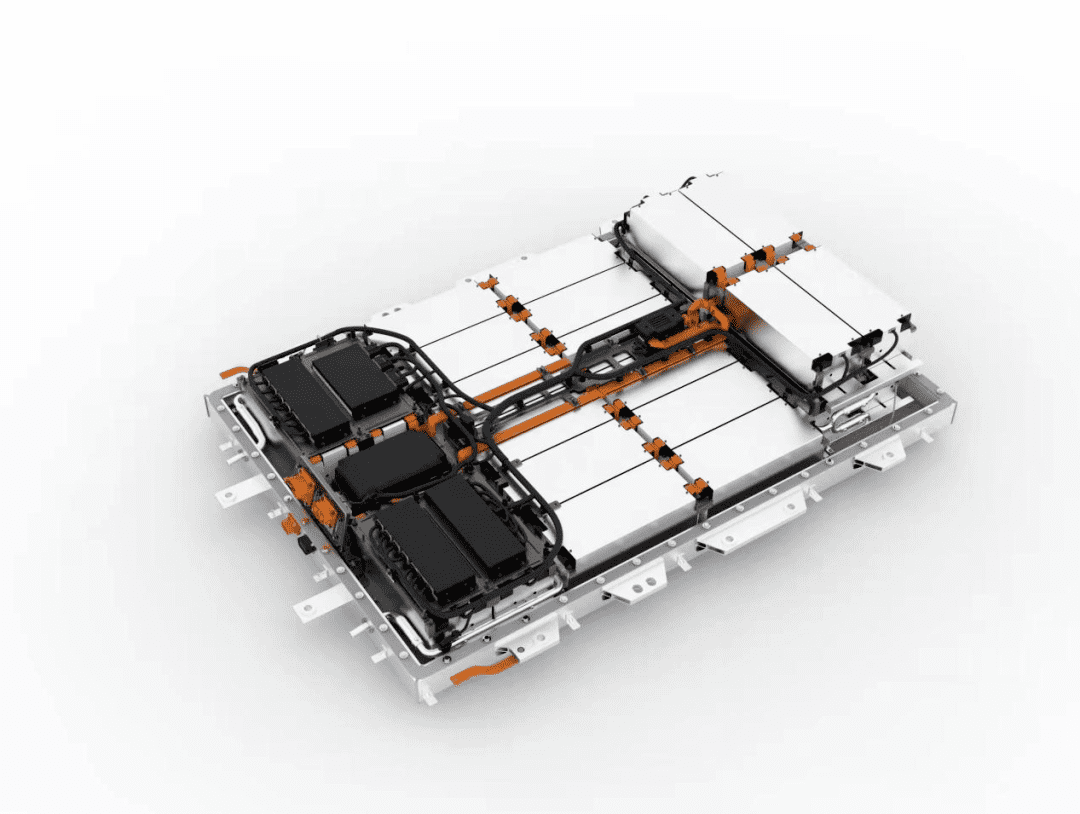Smoking and bubbling car batteries can indicate serious issues that require immediate attention. These symptoms often arise from overcharging, internal short circuits, or other malfunctions. Understanding the causes, dangers, and solutions for these problems is essential for maintaining battery health and ensuring vehicle safety.
What Causes Car Batteries to Smoke and Bubble, and How Does It Happen?
Car batteries may smoke or bubble due to several factors:
- Overcharging: Excessive voltage can cause the electrolyte solution to boil, leading to bubbling.
- Internal Short Circuits: Damage to the battery’s internal components can create short circuits, generating heat and smoke.
- Sulfation: Lead sulfate crystals can build up on the battery plates, causing inefficiencies that may lead to overheating.
Chart: Common Causes of Smoking and Bubbling in Car Batteries
| Cause | Description |
|---|---|
| Overcharging | Excessive voltage boiling the electrolyte |
| Internal Short Circuit | Damage causing heat buildup |
| Sulfation | Lead sulfate buildup reducing efficiency |
Why Is Smoking and Bubbling Dangerous for Car Battery Safety?
Smoking and bubbling are serious warning signs that indicate potential hazards:
- Fire Risk: The heat generated can ignite flammable gases released from the battery.
- Explosion Hazard: If pressure builds up inside the battery casing, it can lead to an explosion.
- Toxic Fumes: The smoke may contain harmful chemicals that pose health risks if inhaled.
Chart: Dangers of Smoking and Bubbling Batteries
| Danger | Description |
|---|---|
| Fire Risk | Potential ignition of gases |
| Explosion Hazard | Risk of battery casing rupture |
| Toxic Fumes | Harmful chemical exposure |
How Can You Diagnose Problems with a Smoking or Bubbling Battery?
Diagnosing issues with a smoking or bubbling battery involves several steps:
- Visual Inspection: Look for signs of damage, such as cracks or swelling in the battery casing.
- Check Connections: Ensure that terminals are clean and securely connected.
- Measure Voltage: Use a multimeter to check if the voltage exceeds normal levels (typically around 12.6 volts for a fully charged lead-acid battery).
- Smell for Odors: A sulfur smell can indicate electrolyte leakage or overheating.
Chart: Diagnostic Steps for Smoking or Bubbling Batteries
| Step | Action |
|---|---|
| Visual Inspection | Check for physical damage |
| Check Connections | Ensure terminals are secure |
| Measure Voltage | Use a multimeter |
| Smell for Odors | Identify potential leaks |
What Are the Effective Solutions for Fixing Smoking and Bubbling Car Batteries?
If you encounter a smoking or bubbling battery, consider these solutions:
- Stop Charging Immediately: Disconnect the charger to prevent further damage.
- Allow Cooling: Let the battery cool down before further inspection.
- Replace the Battery: If damage is severe or if it continues to smoke, replacing the battery is often the safest option.
- Consult a Professional: If unsure about the condition of your battery, seek assistance from a qualified technician.
Chart: Solutions for Addressing Battery Issues
| Solution | Description |
|---|---|
| Stop Charging | Disconnect charger immediately |
| Allow Cooling | Let battery return to room temperature |
| Replace Battery | Opt for a new battery if damaged |
| Consult Professional | Seek expert advice if needed |
How Can You Prevent Future Issues with Your Car Battery?
Preventing future problems with your car battery involves regular maintenance:
- Regular Inspections: Check your battery periodically for signs of wear or damage.
- Proper Charging Practices: Use chargers compatible with your battery type to avoid overcharging.
- Clean Terminals: Keep connections clean from corrosion to ensure efficient power transfer.
- Monitor Temperature: Avoid exposing your battery to extreme temperatures.
Chart: Prevention Tips for Car Battery Maintenance
| Tip | Recommendation |
|---|---|
| Regular Inspections | Check every few months |
| Proper Charging | Use appropriate chargers |
| Clean Terminals | Wipe away corrosion regularly |
| Monitor Temperature | Store in climate-controlled areas |
What Steps Should You Take If Your Car Battery Starts Smoking or Bubbling?
If your car battery starts smoking or bubbling:
- Turn Off All Electrical Systems: Immediately turn off your vehicle’s engine and electrical systems.
- Evacuate the Area: Move away from the vehicle to avoid inhaling toxic fumes.
- Call for Help: Contact roadside assistance or a professional mechanic for evaluation.
- Do Not Attempt Repairs Yourself: Handling damaged batteries can be hazardous; always defer to professionals.
Chart: Emergency Steps for Smoking/Bubbling Batteries
| Step | Action |
|---|---|
| Turn Off Systems | Shut down all electrical systems |
| Evacuate Area | Move away from vehicle |
| Call for Help | Seek professional assistance |
| Avoid DIY Repairs | Leave handling to experts |
FAQ Section
What should I do if my car battery is smoking?
Immediately turn off all electrical systems, evacuate the area, and contact a professional mechanic.
Can I continue using my car if the battery is bubbling?
No, bubbling indicates potential failure; stop using it immediately to prevent hazards.
How often should I check my car battery?
It’s advisable to inspect your car battery every few months or before long trips.
Industrial News
Recent advancements in automotive batteries highlight increased safety measures against overheating and chemical leaks. Manufacturers are focusing on developing smarter charging technologies that prevent overcharging while enhancing performance under various conditions. Additionally, awareness campaigns are educating consumers about proper maintenance practices to extend battery life and ensure safety.
Redway Expert Insights
Understanding the signs of a failing car battery is crucial for safety,” states an expert from Redway Battery. “Regular maintenance checks combined with prompt action when issues arise can prevent dangerous situations like smoking or bubbling batteries.”



